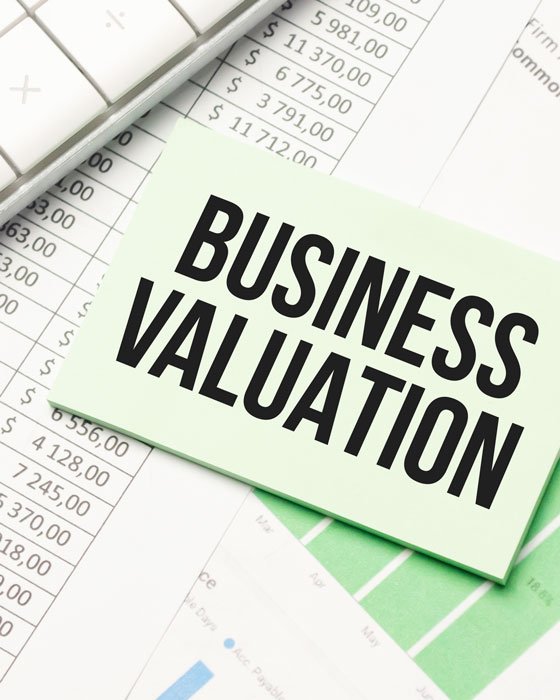Startup Valuation Services in Bangalore, India
Justifiably accurate startup valuation services in Bangalore, India to get the business owners a much deserved head start to their ideas.
As a hub for innovation and entrepreneurship, Bangalore is home to a thriving startup ecosystem. The city has a reputation for fostering a supportive environment for businesses, with a range of resources available to help entrepreneurs get their ideas off the ground. This includes a range of startup valuation services Bangalore, which can provide valuable insights and guidance to businesses looking to establish their worth.
When it comes to startup valuation, there are a number of factors to consider. These include the company’s financial performance, market trends, and the strength of its intellectual property. It’s important to approach the process with a clear understanding of the business and its goals, as well as a realistic appraisal of the market conditions
Startup valuation can be a complex and time-consuming process, but it’s an essential step for businesses looking to secure investment and grow their company. By working with a reputable startup valuation services at Bangalore, My Valuation, entrepreneurs can gain valuable insights into the value of their business and identify opportunities for growth.











